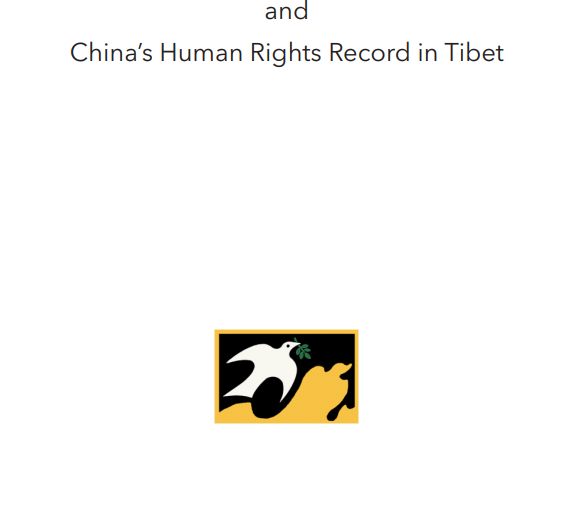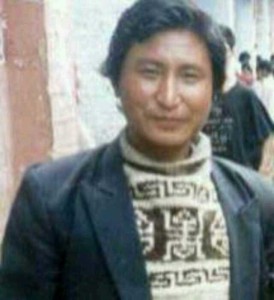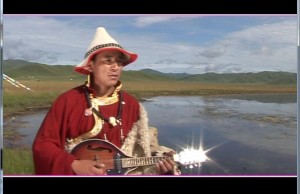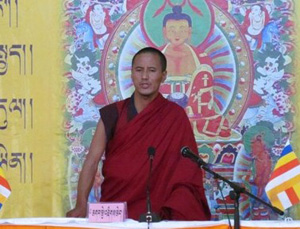 Recent reports that Apple’s suppliers have discriminated against Tibetans and other ethnic minorities in the People’s Republic of China demonstrate that the systematic and brutal discrimination by the Chinese government also exists in the private sector. Chinese policies in Tibet subject Tibetans to religious persecution, forced displacement, arbitrary detention, torture, and murder. Apple attempted to invest in China while still protecting and promoting human rights.
Recent reports that Apple’s suppliers have discriminated against Tibetans and other ethnic minorities in the People’s Republic of China demonstrate that the systematic and brutal discrimination by the Chinese government also exists in the private sector. Chinese policies in Tibet subject Tibetans to religious persecution, forced displacement, arbitrary detention, torture, and murder. Apple attempted to invest in China while still protecting and promoting human rights.
Apple is not the first corporation to invest in a discriminatory country while still trying to protect and promote human rights. In 1977, Reverend Leon Sullivan, a General Motors board member, created the Sullivan Principles. The Sullivan Principles originally consisted of six voluntary principles for multinational corporations in South Africa to follow. The principles called on corporations to adopt equal employment practices, desegregate the workplace, promote trade unions, and provide training and social services for black workers. In 1984, Sullivan also called upon corporations to use their influence to encourage South African corporations to adopt similar principles, to







